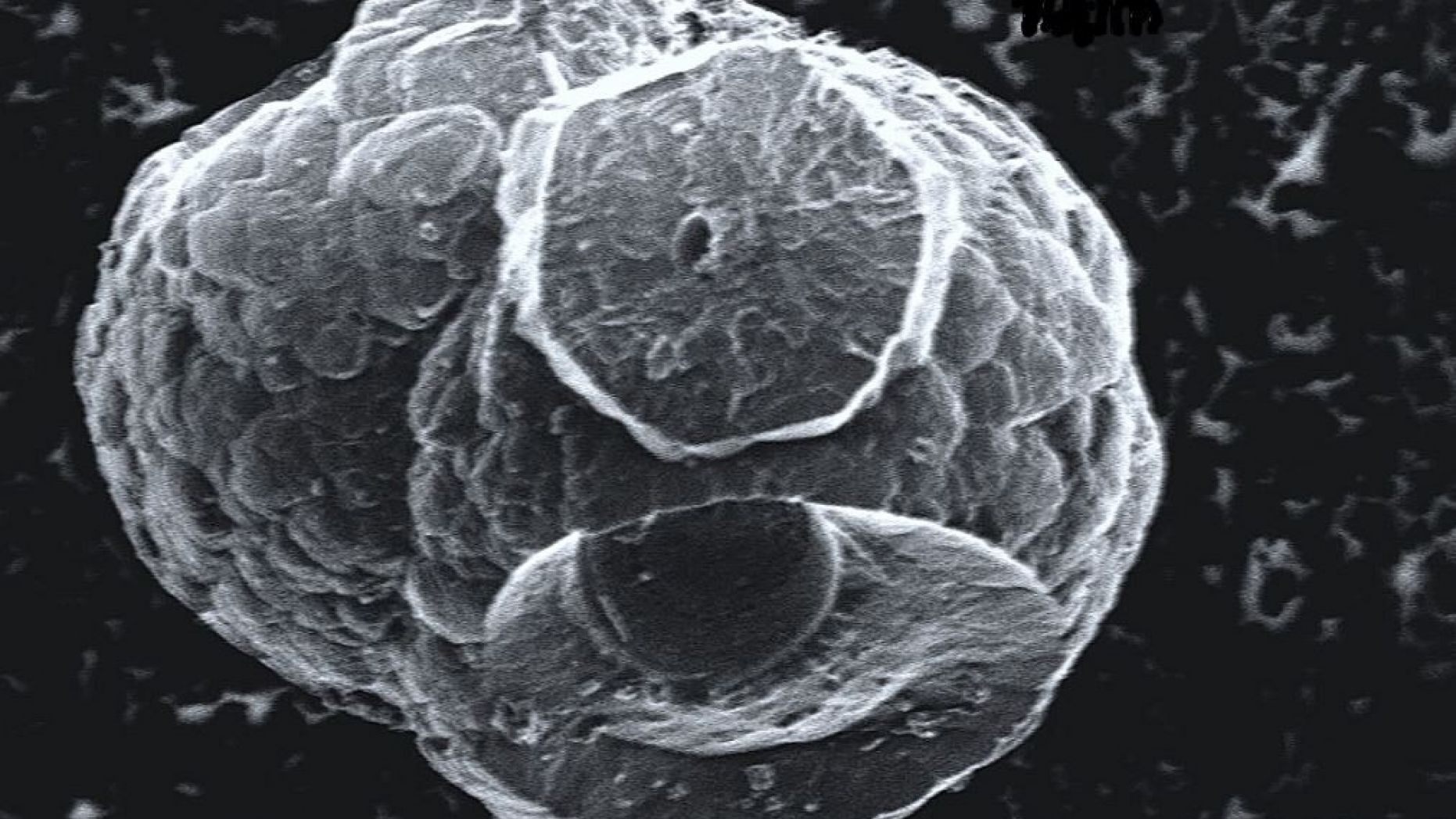Flammable ice’ discovery could offer new clue to potential alien life, study claims

Scientists studying what’s known as “flammable ice” in the Sea of Japan recently discovered the existence of life with microscopic bubbles.
The microhabitats are grown by microbes within tiny bubbles of oil and water found in sheets of frozen gas and ice, according to researchers, who used analytical techniques to show that oil was being degraded in the microenvironments within the methane hydrate (also called “flammable ice”).
“In combination with the other evidence collected by my colleagues, my results showed that even under near-freezing temperatures, at extremely high pressures, with only heavy oil and saltwater for food-sources, life was flourishing and leaving its mark,” Stephen Bowden, from the University of Aberdeen’s School of Geosciences, said in a statement.
CHERNOBYL SHOCKER AS FUNGI THAT EATS RADIATION FOUND INSIDE REACTOR
The scientists’ findings were published on Wednesday in the journal Scientific Reports.
“It certainly gives a positive spin to cold dark places, and opens up a tantalizing clue as to the existence of life on other planets,” Bowden explained. “Providing they have ice and a little heat, all those frigid cold planets at the edge of every planetary system could host tiny microhabitats with microbes building their own ‘death stars’ and making their own tiny little atmospheres and ecosystems, just as we discovered here.”



 Creators of mankind
Creators of mankind Description of “Tall white aliens”
Description of “Tall white aliens” Where they came from?
Where they came from? About hostile civilizations
About hostile civilizations The war for the Earth
The war for the Earth “Tall white aliens” about eternal life
“Tall white aliens” about eternal life Video: “Nordic aliens”
Video: “Nordic aliens” Aliens
Aliens Alien encounters
Alien encounters The aliens base
The aliens base UFO
UFO Technology UFO
Technology UFO Underground civilization
Underground civilization Ancient alien artifacts
Ancient alien artifacts Military and UFO
Military and UFO Mysteries and hypotheses
Mysteries and hypotheses Scientific facts
Scientific facts


















